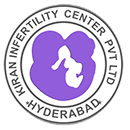IVF Treatment
Many couples experience infertility, which makes it difficult to conceive a child. The inability to become pregnant despite trying for a year or more is referred to as infertility. Several things, such as hormonal imbalances, structural issues, advanced age, and lifestyle decisions, might contribute to it. Kiran Infertility Centre is the best fertility centre in Hyderabad, Telangana. We provide a variety of infertility treatment options, including in vitro fertilisation (IVF), surgically correcting structural problems, and using medicines to stimulate ovulation (IVF).
While dealing with infertility can be a challenging experience for couples, Dr. Samit Sekhar at Kiran Infertility Centre provides the best cutting-edge infertility treatment to resolve the problem.
Description Of IVF And Its Treatment Procedure
In vitro fertilisation (IVF) is a fertility treatment method that involves fusing sperm and egg outside the body in a lab dish to produce an embryo. To establish a successful pregnancy, the embryo is subsequently transplanted into the woman’s uterus. Various steps make up our IVF therapy process.
- The initial step entails encouraging the ovaries to generate many eggs. This is accomplished by employing drugs that increase the development of follicles, the egg-containing sacs of fluid in the ovaries. Blood tests and ultrasounds are used to track the number of eggs produced. In the Kiran Infertility Centre, a minimally invasive procedure called transvaginal ultrasound-guided egg retrieval is utilised to take the eggs out of the mature follicles.
- The fertilization of the eggs takes place in the next stage. The sperm is combined with the eggs in a lab dish. A procedure known as intracytoplasmic sperm injection (ICSI) may be utilised if the sperm count is low or the sperm quality is poor. One sperm is immediately injected into the egg to promote fertilisation.
- The next phase entails keeping track of how the embryos are progressing. The embryos are cultivated in the lab for several days while being watched for signs of growth. Our doctor chooses the highest calibre embryos for implantation into the woman’s uterus.
- We generally placed the embryo(s) in the uterus in the fourth step. A small, flexible catheter is often used for this procedure and is introduced via the cervix and into the uterus.
Success Rate Of IVF Procedure
The success rate of IVF treatment varies based on a variety of variables, including age, underlying medical issues, and the quantity and calibre of transferred embryos. IVF success rates in India vary from 30% to 35%. Almost 40% of young women worldwide experience success with IVF. Moreover, women under the age of 35 have higher success rates. The reason for infertility, using donor eggs or sperm, and using pre-implantation genetic testing are all variables that may have an impact on the success rate. While many variables can affect a success rate, our advanced technology keeps improving the success rates of IVF treatment.
IVF therapy carries some dangers, including the possibility of multiple pregnancies, ovarian hyperstimulation syndrome, and ectopic pregnancy, despite the fact that the technique is generally considered safe.
Book An Appointment
Commited To Trusted Health Care
Call Us at: (91) 7877111333
Our Treatments
Our Success Stories

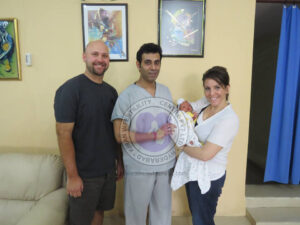

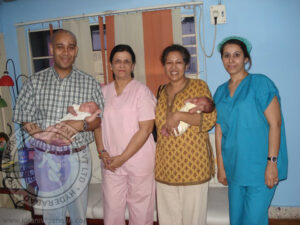
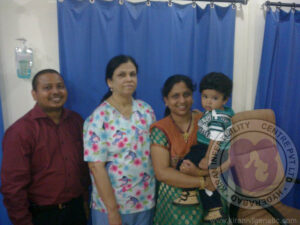

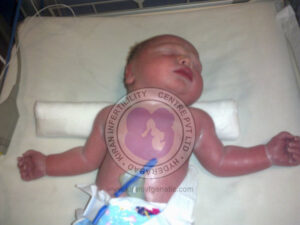

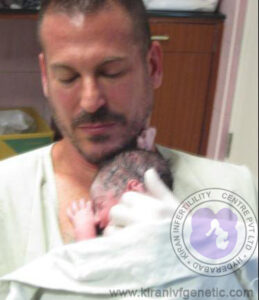



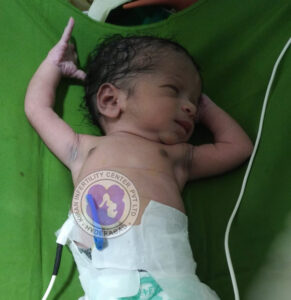






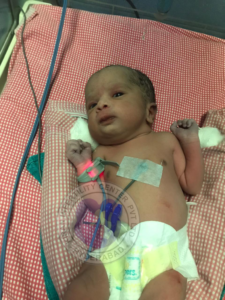





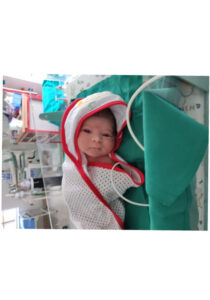



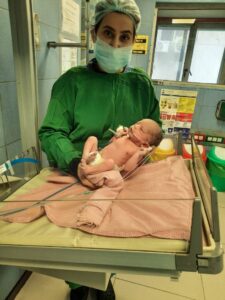
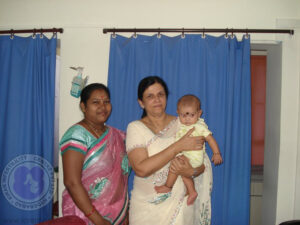
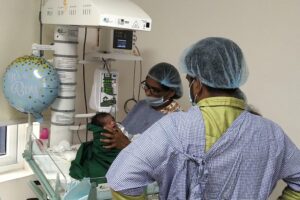
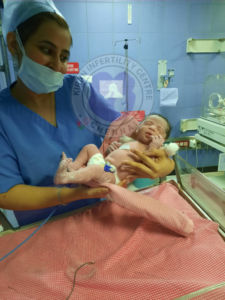
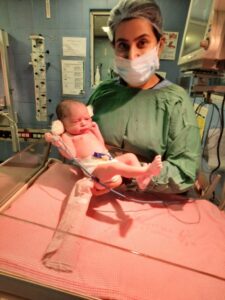

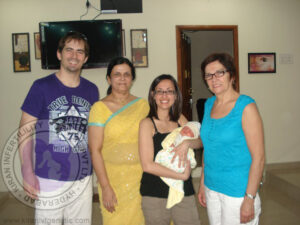

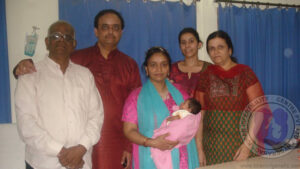

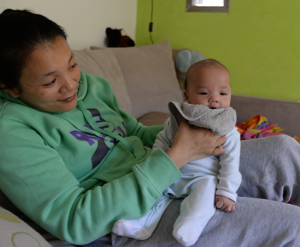
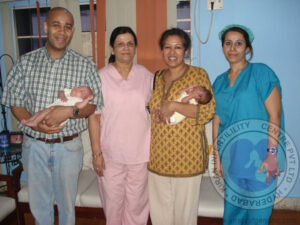
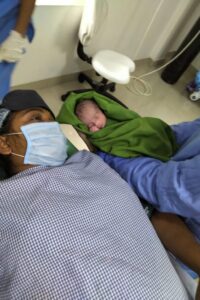

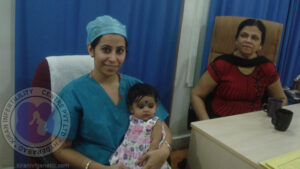
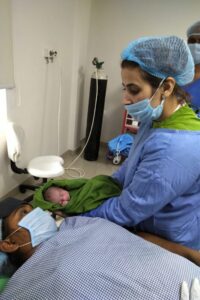
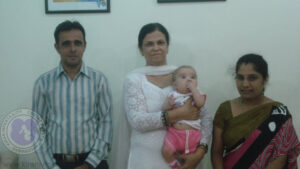



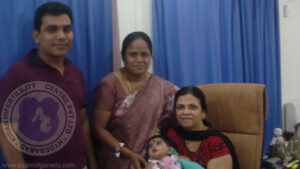
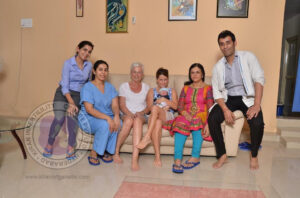
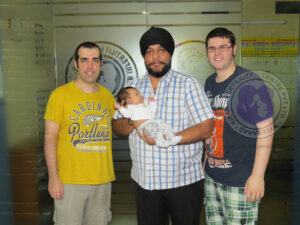
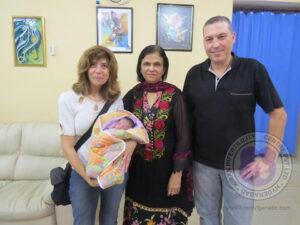
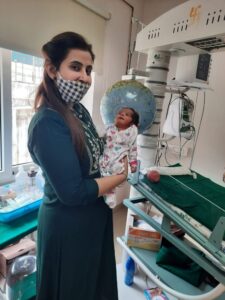
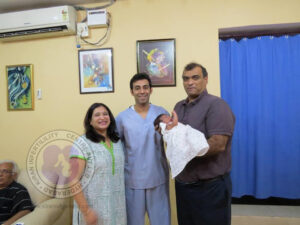
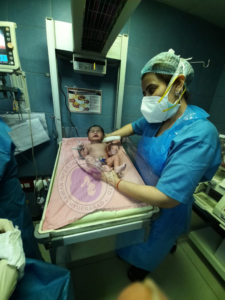
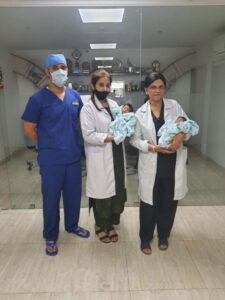
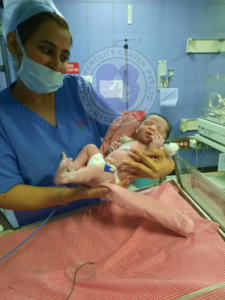

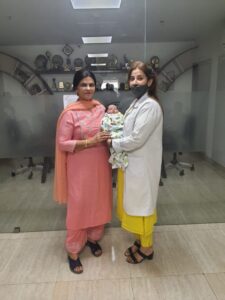
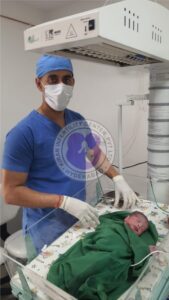
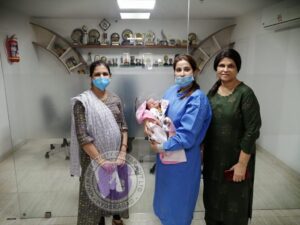
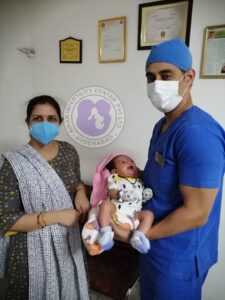

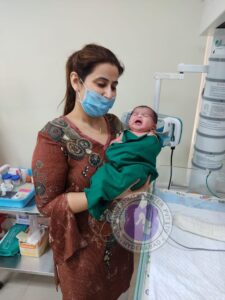
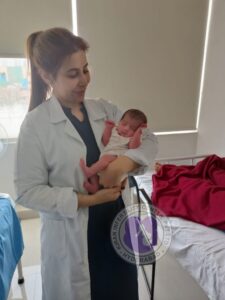
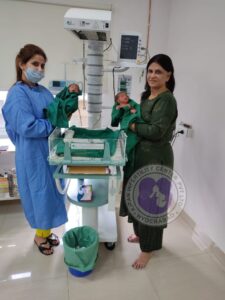
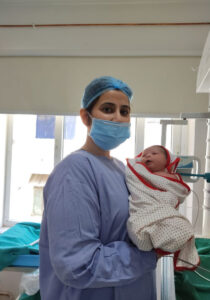
Commited To Trusted Health Care
Get Your Quote Or Call: (91) 7877111333
